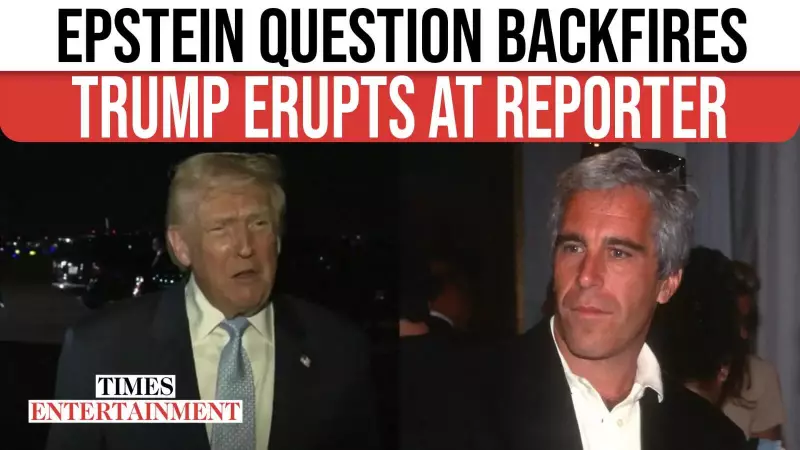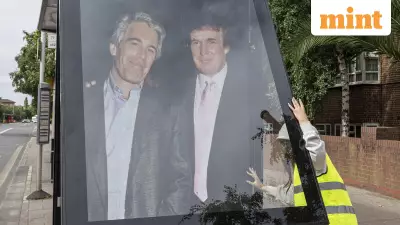
Former US President Donald Trump found himself at the center of another media storm on November 17, 2025, when he engaged in a heated confrontation with a reporter who questioned him about the ongoing push to release all documents related to the Jeffrey Epstein case.
The Explosive Exchange
The tense moment unfolded when a journalist raised concerns that the Epstein investigation might be serving as a political smokescreen. According to eyewitness accounts, Trump immediately cut off the reporter mid-question, launching into a forceful rejection of what he characterized as media-driven deflection.
In what observers described as an intense face-off, the former president didn't hold back his disapproval. Trump labeled the inquiry as "fake news" and accused the media of orchestrating what he called a "fake news ambush." The dramatic confrontation has since circulated widely across social media platforms and news networks.
Growing Political Tensions
The incident highlights the escalating tensions surrounding efforts to reveal the full extent of Epstein's connections. The push to release all Epstein files has become a contentious political issue, with partisan pressure mounting on both sides of the aisle.
Trump's vehement reaction underscores the sensitivity of the Epstein case in current political discourse. The exchange has brought renewed attention to the many unanswered questions that continue to surround the Epstein investigation, even years after his death.
Broader Implications
This latest controversy comes amid deepening scrutiny of how political figures handle questions about Epstein. The viral moment has sparked discussions about media interactions with public figures and the ongoing battle over narrative control.
The confrontation demonstrates how the Epstein files release remains a politically charged topic that can trigger strong reactions from key figures. As the video continues to circulate, it adds another layer to the complex web of political, legal, and social implications surrounding one of the most controversial cases in recent memory.
Political analysts suggest that such exchanges reflect the increasing polarization in American politics, where even straightforward questions about ongoing investigations can become flashpoints for broader ideological battles.





